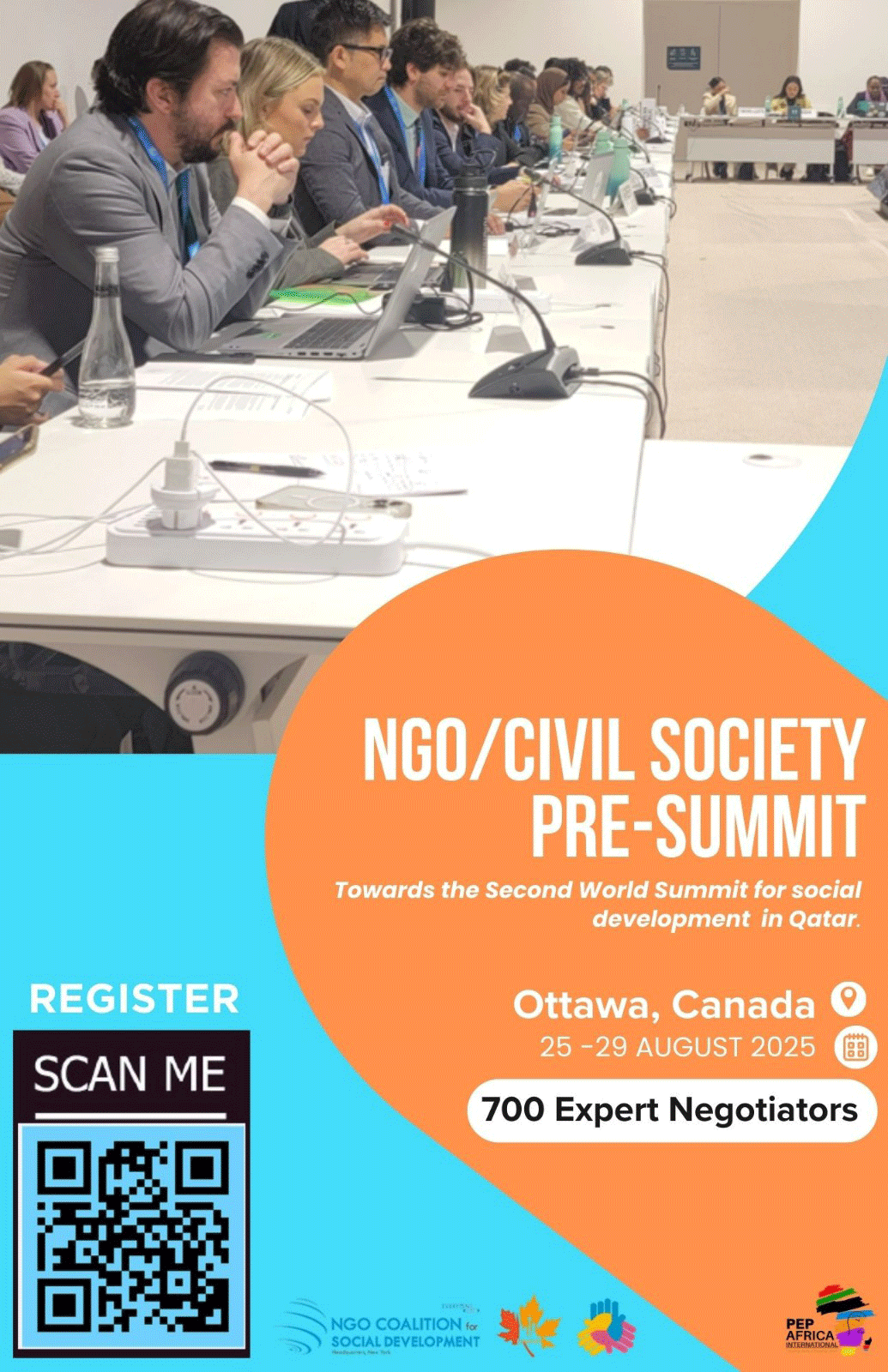We area small group of young professionals passionate about making a difference in our country and committed to addressing global challenges.We generously volunteer ourtime to support PEP Africa’s mission. We work remotely, providing a cost-effective solution delivery model across our focus areas.
We oversee the utilization of donations, audit and control the organization’s financial records and policies, and ensure transparency and accountability to our supporters. Our team comprises a Country Lead (COL), Social Development (SoDET) Trainer, Program Administrator and Finance Officer (PAFO), Project Officer (PRO), Community Improvement Officer (CIO), Communications and Knowledge Manager (COMKnoM), and Youth Engagement Officer (YEO).
We present a life-changing opportunity to positively impact the lives of thousands of youths while experiencing human development and spirit. We are not only contributing to the mission of PEP Africa but also have the chance to advance our careers.
Addressing these challenges requires the government, civil society, and the private sector to coordinate efforts. Strategies should focus on improving access to quality education and healthcare, promoting youth employment and entrepreneurship, enhancing political participation and governance transparency, addressing gender inequality, bridging rural-urban disparities, and implementing sustainable environmental policies. Investing in youth empowerment and development is essential for Ghana’s sustainable development and future prosperity.

